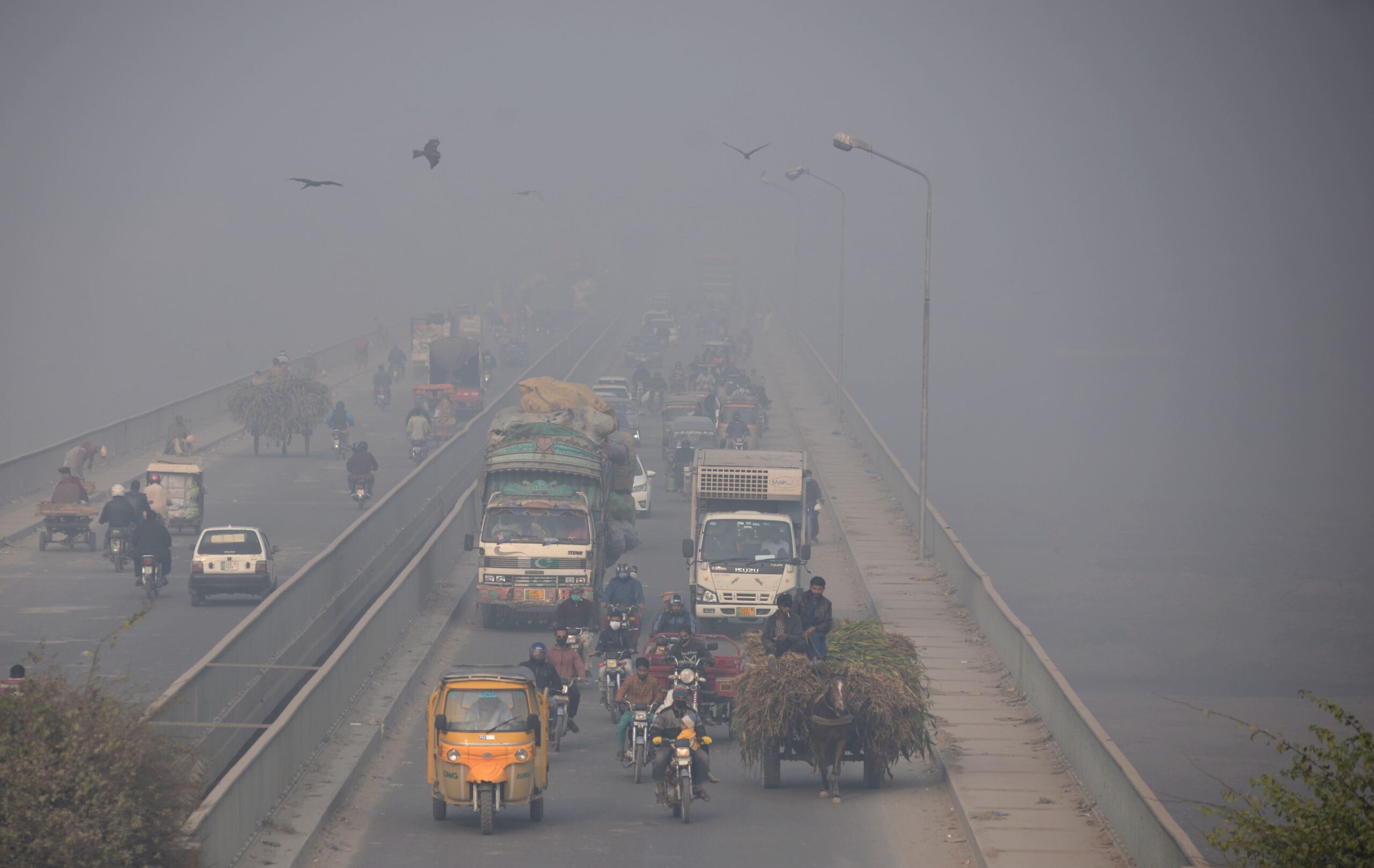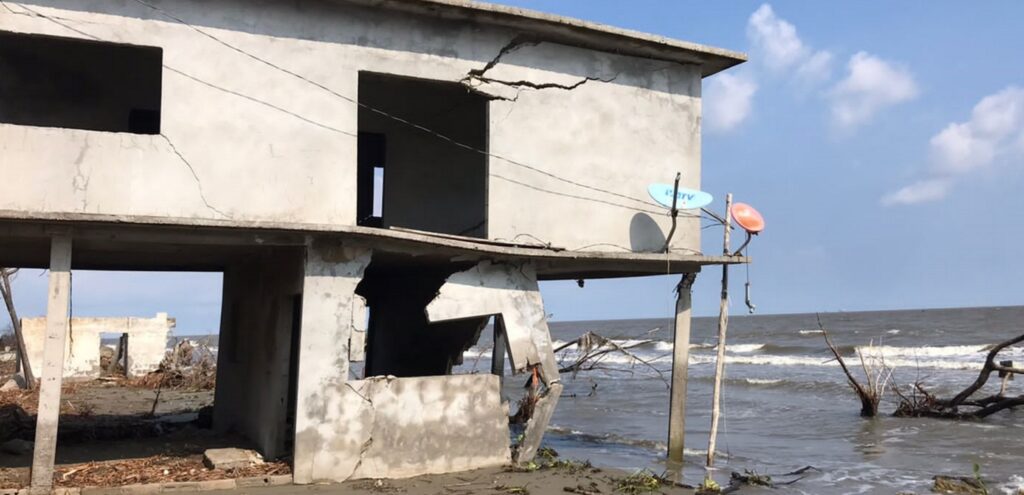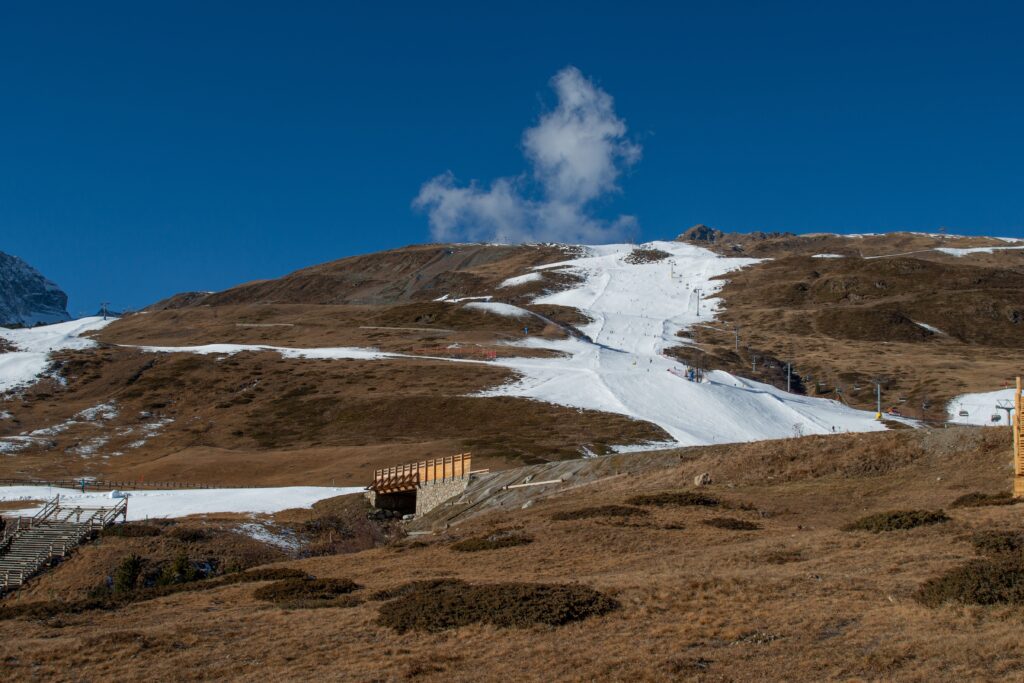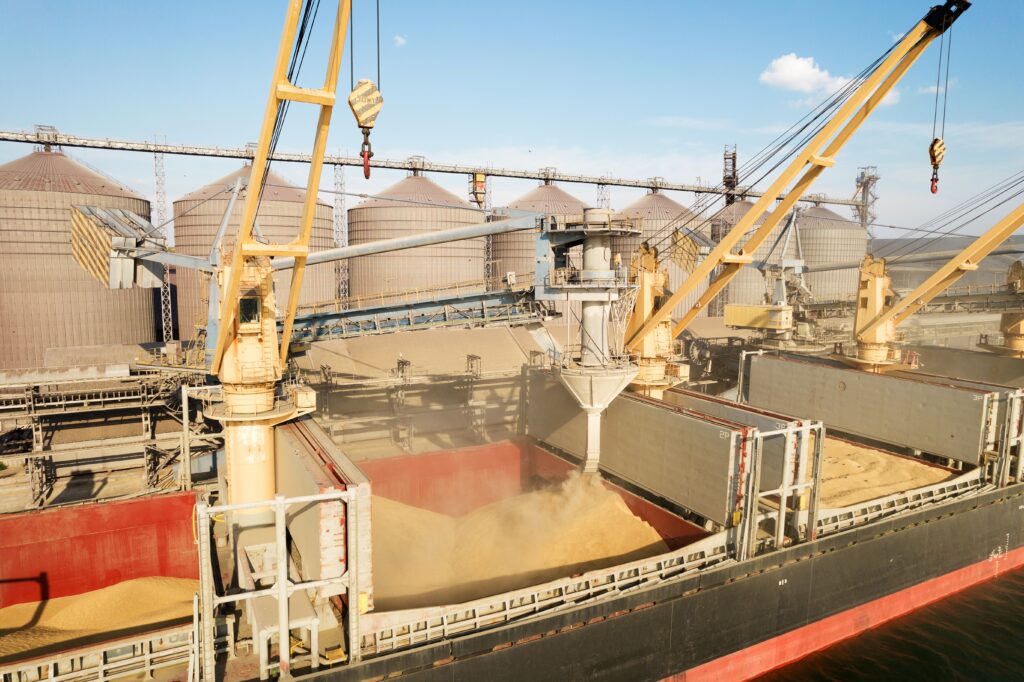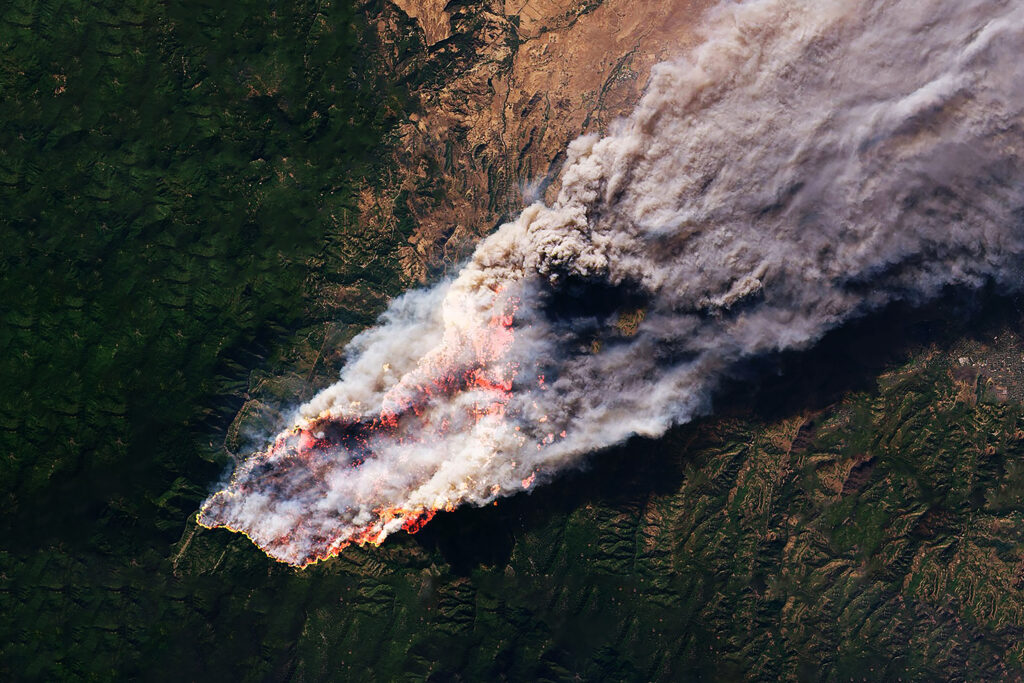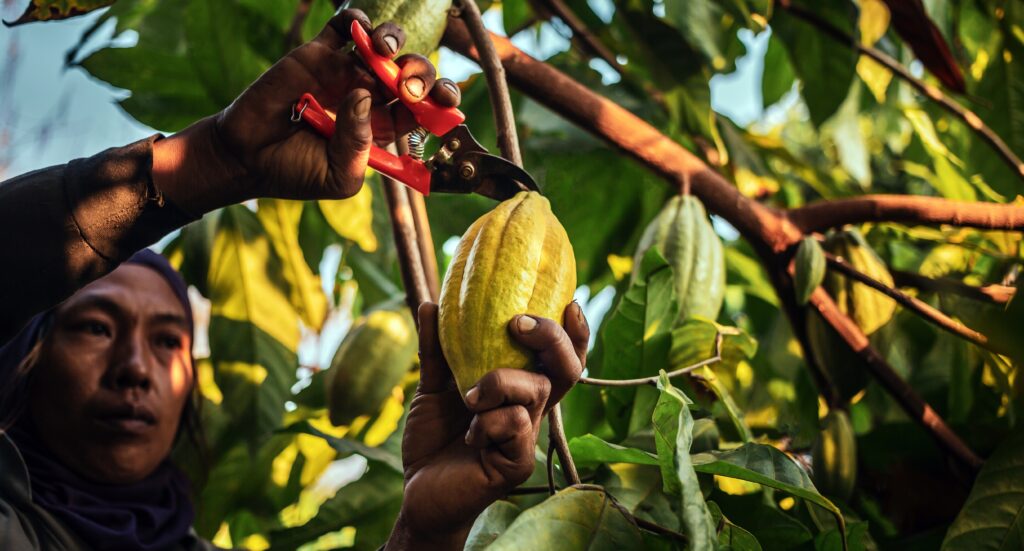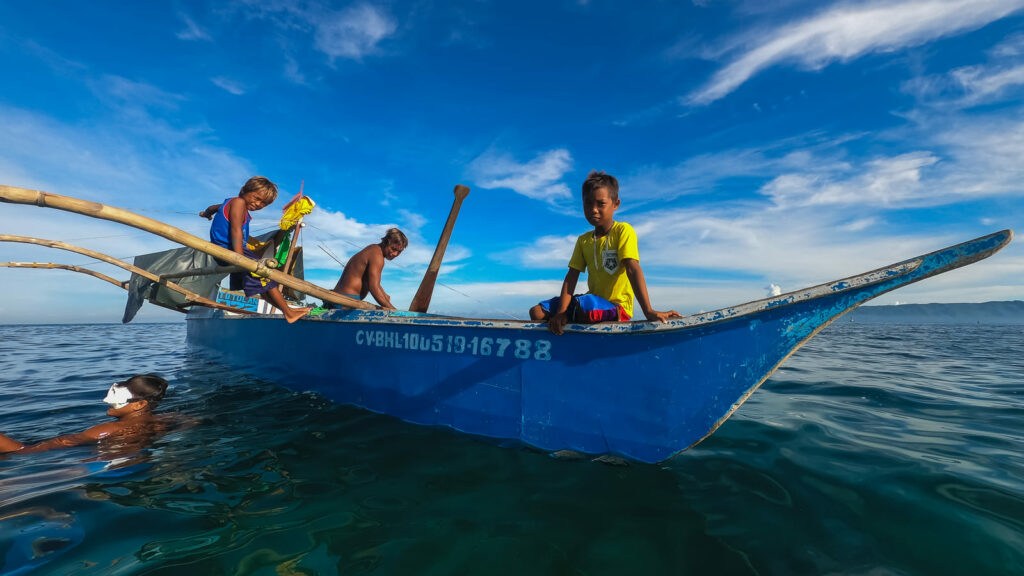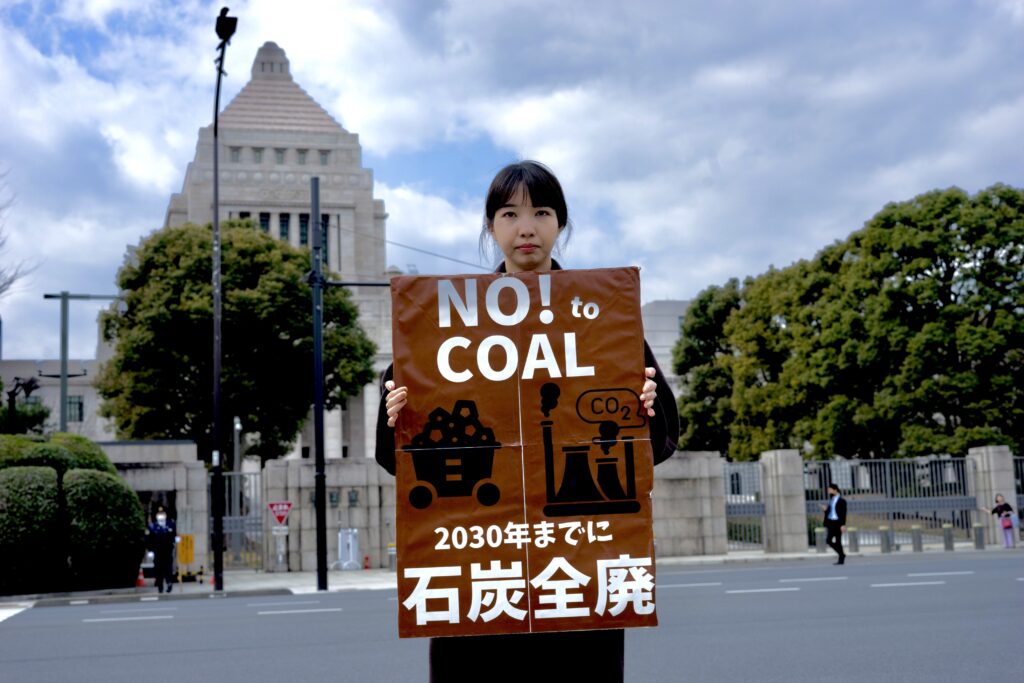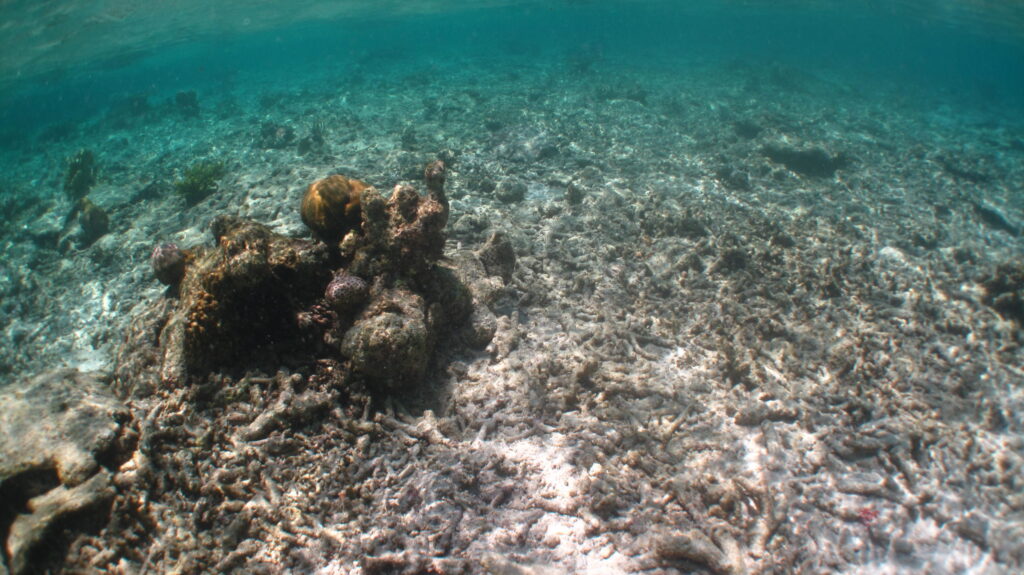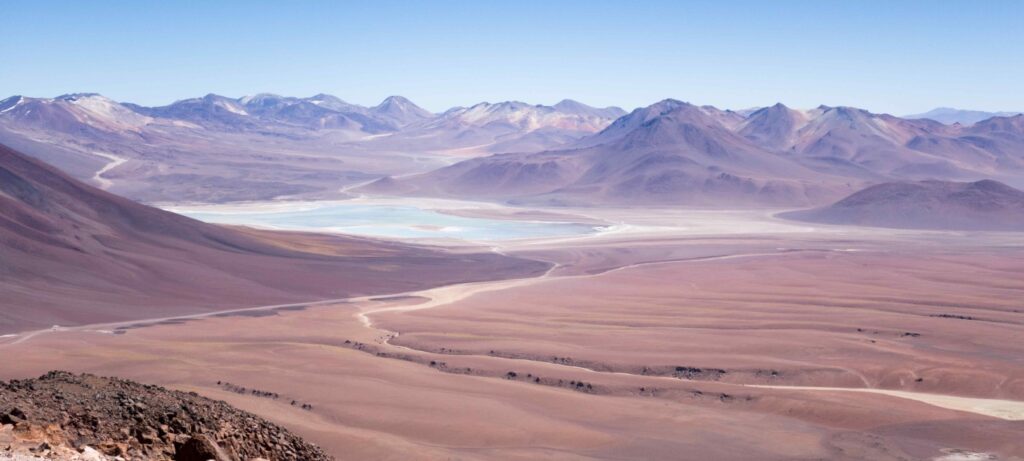Health-focused climate action can bring considerable benefits to society, health services and the planet, according to a new report by the Global Climate and Health Alliance (GCHA). The coalition of health organisations described climate change as “the greatest global health opportunity of the 21st century”.
According to the report, limiting temperature rise to 1.5°C could prevent up to 150 million premature deaths over the century. It adds that the cost savings from well-designed climate mitigation and adaptation policies would “substantially offset the costs of climate action”.
Other research puts this figure of financial savings at USD 145 trillion, but the gains could be significantly larger when factoring in improved public health in general. Without climate action, the GCHA report says that health costs could balloon to USD 2-4 billion by 2030.
Stepping Up Action on Global Climate Change and Human Health
Realising these health care benefits is as much of a challenge as it is an opportunity – one that requires stringent mitigation policies that support the adoption of clean energy while transitioning away from fossil fuels. Such measures would help deal with existing health threats, reduce emissions and enhance energy access, leading to improved air quality and fewer hospitalisations.
In this critical interplay between climate change and health, building local, sustainable food systems could also improve health outcomes. It would do so by preventing many diet-related diseases, climate sensitive diseases and deaths, while cutting agricultural emissions.
As much as 80% of the global population most at risk from climate-related crop failures and hunger is in Sub-Saharan Africa, South Asia and Southeast Asia. In these regions, farming families are disproportionally poor and vulnerable.
“If we embrace a health-centred response to climate change, with smarter investments, we can have a catalytic impact across multiple sectors,” Dr. Vanessa Kerry, CEO of Seed Global Health, said at a recent World Health Organisation (WHO) roundtable.
Without action, climate change could cause around 250,000 additional deaths each year between 2030 and 2050.
How Does Climate Change Cause More Disease?
Fossil fuel burning is a major cause of air pollution and poor air quality, not only at power plants but also indoors through gas stoves. For example, cooking with gas stoves generates nitrogen dioxide and tiny airborne particles, both of which are lung irritants and toxic. Furthermore, nitrogen dioxide also increases the risk of childhood asthma.
Gas stoves could be exposing tens of millions of people to indoor pollution levels that would be illegal outdoors. This is why some states in the US are considering bans on gas stoves.
Overall, air pollution from fossil fuels is responsible for nearly one in every five deaths worldwide. Breathing polluted air increases the risk of respiratory and cardiovascular disease, lung cancer, diabetes and adverse pregnancy outcomes.
“Air pollution kills over 7 million people a year worldwide, while over 90% people in the world live in places that exceed World Health Organisation limits for air pollution,” said Dr. Jeni Miller, executive director of the Global Climate and Health Alliance.
“Phasing out fossil fuels would prevent 3.6 million air pollution deaths per year, an immense near-term health benefit to achieve the steps essential to mitigating climate change in the long term,” she noted.
The Mental and Physical Health Impacts of Extreme Weather Events
Extreme weather events can also be deadly and affect human health, and these are increasingly being linked to climate change. In Asia, climate change-fuelled heatwaves recently caused several deaths and hospitalisations.
By 2100, heat stroke could kill more people than all infectious diseases combined, according to Francesca Dominici, a professor of biostatistics at the Harvard Chan School.
Moreover, heatwaves reinforce health inequalities, with women, young children and elderly people particularly vulnerable to heat-related deaths. Globally, heat-related deaths among vulnerable populations have increased by 68% in the last 20 years.
Another consequence of extreme heat is the heightened risk of wildfires. In the last two decades, exposure to wildfire danger increased in 110 of 181 countries. Over this period, people experienced an average of nine more days of exposure globally. Wildfires not only cause deaths, displacements and environmental devastation, but their smoke is extremely harmful to the lungs and heart and can create unanticipated health problems
Early warning systems for heat and extreme weather events can go a long way towards protecting public health. At the same time, strengthening healthcare systems to cope with the increased demand from heat-related issues can help save many lives.
In addition to its physical health effects, extreme heat is taking a growing toll on mental health. Adaptation policies geared towards increasing green spaces could reduce the urban heat island effect, thereby lowering anxiety and depression.
Acknowledging the Impact of Climate Change on Human Health
The health community has long called for a health-centred response to climate change. But, it wasn’t until recently that policymakers started to recognise the relationship between climate change and health.
The decision to include a health day at COP28, for the first time in COP history, indicated this shift in focus. Above all, the move could inspire the integration of health throughout climate decision-making.
“COP28’s health day will not in itself protect people’s wellbeing,” said Dr. Miller, “but it can be a tremendous success if it motivates a rapid acceleration of climate action, across sectors, to deliver health.”
Heba Hashem
Journalist, Dubai
Heba is an Arabic and English-speaking freelance journalist based between the United Arab Emirates and Canada. She covers stories about business, renewable energy, climate change, finance, technology, real estate, food production, lifestyle and arts and culture.
Heba is an Arabic and English-speaking freelance journalist based between the United Arab Emirates and Canada. She covers stories about business, renewable energy, climate change, finance, technology, real estate, food production, lifestyle and arts and culture.

